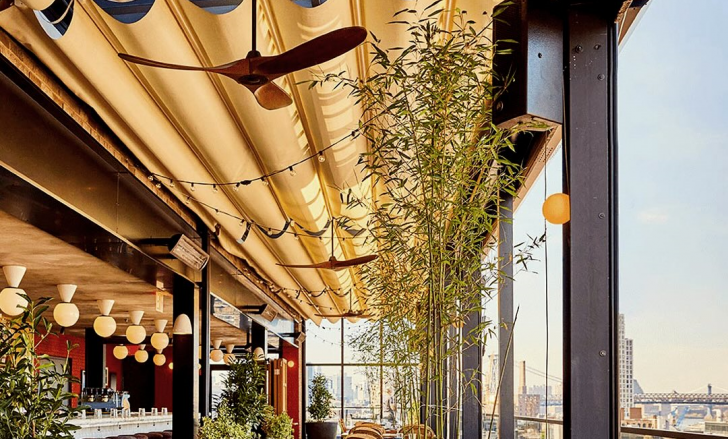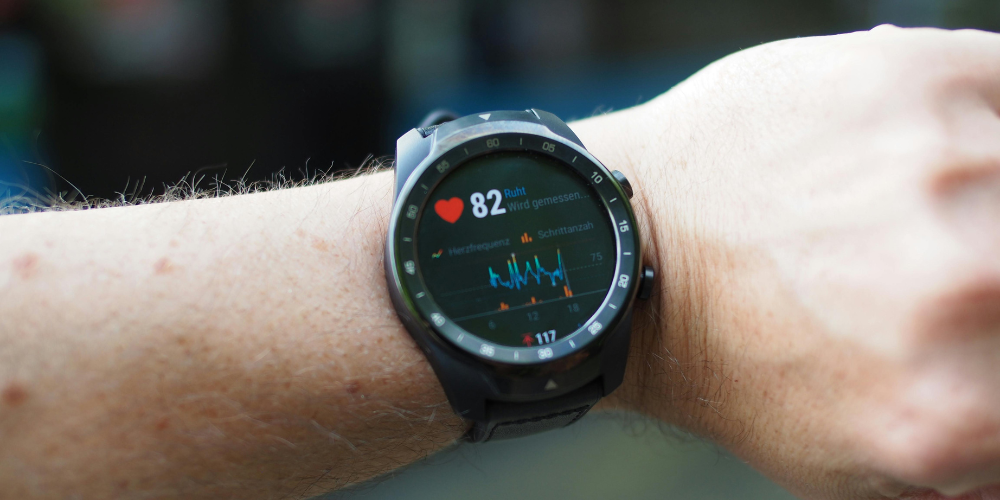For over a century, the Michelin Guide meant one thing: Restaurants. Stars on a plate, chefs chasing glory, diners whispering about the next big thing. But in 2025, Michelin isn’t just about food anymore. It is now serving up hotels and wine reviews too, taking a big step toward becoming a full-blown lifestyle authority.
The company behind the Red Book of Fine Dining is changing lanes. Michelin is no longer just handing out stars to chefs. It is now awarding ‘Keys’ to hotels and getting into wine ratings, positioning itself as the go-to name for anyone chasing high-end travel and taste.
Hotels Get the Michelin Treatment
In 2024, Michelin launched a brand-new hotel rating system. It is called the MICHELIN Key. Think of it like the restaurant stars, but for where you sleep instead of where you eat. One, two, or three Keys signal a hotel’s level of excellence, with criteria focusing on service, design, and personality.

Michelin / IG / As of October 2025, there are 143 hotels around the world with the top-tier ‘Three-Key’ rating. Another 572 got ‘Two Keys,’ and 1,742 landed ‘One Key.’
This new system gives travelers something fresh to rely on when looking for standout stays.
However, what makes this expansion even bigger is its global reach. Michelin didn’t just update hotel lists in cities like Paris or New York. They went all in. The new Key system now covers all continents, with selections popping up in South America, Africa, and across Asia.
Michelin Moves Into Wine
But Michelin’s growth doesn’t stop at bedsheets and bellhops. In late 2025, the brand made a bold announcement: It is getting into wine reviews. They already own the Robert Parker Wine Advocate, one of the world's most respected wine publications.
So, instead of starting from scratch, Michelin will build on Parker’s legacy. This means more than just scores and tasting notes. It is about creating a full experience. Michelin wants to be the name you trust not just for where to eat or sleep, but for what to drink too.
The first Michelin Guide, way back in 1900, wasn’t about food at all. It was a tool to get drivers on the road, complete with hotel listings and maps. By focusing on travel again, Michelin is going back to its roots, just with a much sleeker, smarter system.

Michelin / IG / Michelin’s expansion has a clear strategy. The company aims to expand from a restaurant guide into a comprehensive lifestyle brand.
But make no mistake, this is also about staying competitive. Review platforms like TripAdvisor or Google dominate today’s travel choices. Michelin is betting that curated, expert picks carry more weight than anonymous stars and algorithm-driven rankings. That is why they have poured energy into building a strong, trustworthy platform.
It seems to be working. Michelin’s website and app now bring in around nine million unique users a month. Half of those users come from the United States. That is a huge audience, and one that Michelin plans to monetize with services like direct hotel bookings and premium features.
What sets Michelin apart is that it is not chasing clicks. It is chasing credibility. Every hotel or wine added to the Guide is vetted by experts. No paid placements, no fake reviews. Just honest recommendations from a trusted brand. That matters more than ever in a world full of noise and hype.








